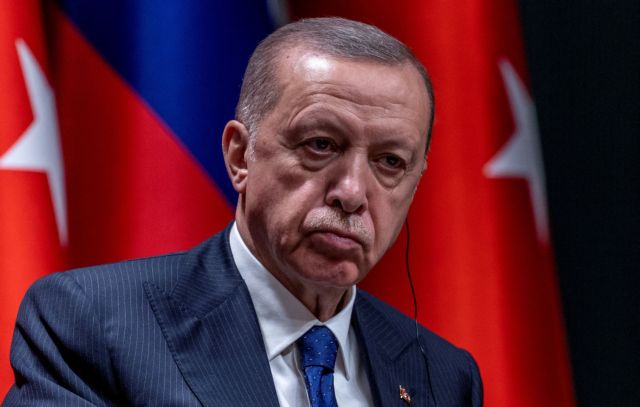Geopolitical theories regarding geographical boundaries have been used historically by aspiring conquerors to justify their ambitions.
The most glaring case was that of Adolf Hitler, who believed that Germany was suffocating within its existing borders and that its interests extended to broader geographical areas, at least those with German populations.
Based on this conviction, he adopted the concepts of spheres of influence and lebensraum.
To support his disastrous expansionist designs he marshalled , from the early years when he began pursuing his claims, the arguments of German general, geographer, professor, and politician Karl Haushofer, whom he met through Rudolf Hess.
Haushofer’s geopolitical theory maintained that borders between states were not of a legal nature, but rather had a purely strategic raison d’etre on a planet with a limited surface. From that vantage point, borders can expand or contract according to the dynamic of each nation.
His cynicism was such that he believed that geopolitics should contribute to the emergence of a limited number of states of global significance, each of which would be predominant in a particular sphere of influence.
These theories were completely absorbed by the Nazis in the inter-war period and constituted the underpinnings of the bloodiest war in human history.
Haushofer died in 1946 in Allied-occupied Germany, and one can well imagine that he experienced the tragic consequences of his concepts.
Despite all that, his ideas appear to still inspire leaders and countries.
Let us not harbour delusions. Turkey is currently guided by similar ideas.
Turish President Recep Tayyip Erdogan at the recent Madrid NATO summit, pressured mainly by US President Joe Biden, may have not raised his irrational claims against Greece, because he was focused on re-establishing Turkey’s place and role in the Alliance, but his revisionist agenda remains unchanged, and he made that perfectly clear at his press conference at the end of the summit.
The truth be told, Turkey’s entire political leadership has adopted views similar to Haushofer’s and continually proclaims them domestically and abroad.
It raises non-existent security issues and challenges to Greece’s sovereignty over its Eastern Aegean islands. It also seeks to arbitrarily delimit Exclusive Economic Zones in the Eastern Mediterranean.
Ankara believes that the Turkish nation is entrapped in restraining borders, that it is suffocating within the borders of the state and that it now has the power and means to expand its sphere of influence in various regions.
With the current confluence of events and international pressures, Turkey may have suspended its effort to aggressively press its claims against Greece, but it is certain that it will revive them, perhaps even more vigorously, when international political conditions permit.
That is because Turkey’s political leadership is imbued with a huge amount of nationalist expansionism, and Turkish public opinion has been imbued with this ideology and prepared for future moves to implement their leader’s agenda.
That means that there is no room for complacency.
Greece must continually bolster its deterrent capabilities.
Our diplomacy must be proactive, the domestic political front must be united and solid, and efforts at economic reconstruction must be permanent.
At least for the next decade, Greece must remain in a constant state of alert and vigilance, with the hope that the conditions of the New Cold War, that were reflected at the NATO summit, will gradually shape new balances that can lead to a lasting peace in this always sensitive corner of the planet.




